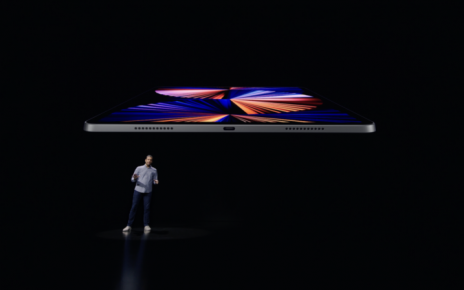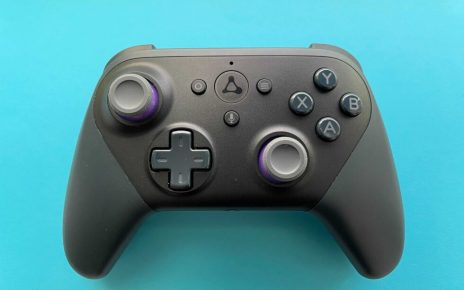One of many Super Mario World tracks that have now been remastered from their original, high-fidelity audio samples.
Classic-gaming archaeology doesn’t always revolve around digging up rare and unreleased games. Sometimes, it’s about taking well-known relics and reconstructing them from newly unearthed and higher-fidelity original component parts. As a result of this work, one of the biggest games of all time now sounds completely different.
Remastering the Super Mario World soundtrack in this way means diving deep into the world of compressed video game audio samples. These were most common in the late cartridge era; the samples were nestled between the literal bleeps and bloops of the earliest video game sound chips and the CD-quality audio of the optical disc. Games in this era would frequently chain together brief snippets of recorded audio and replay them over and over with different effects, as if they’d been loaded into an electronic keyboard.
The game cartridges couldn’t store much data, of course, so the original synthesizer samples usually took a heavy hit in fidelity during the transition to game soundtracks. “The composer [often felt] obligated to sacrifice sound quality to get their music running without any lag and to fit into the cartridge,” said Michael, a video game music source investigator from El Salvador (who didn’t share his last name). “Especially if all the audio work is made by the CPU (like on the Nintendo 64), this limitation can distort how the music sounds. In some ways, this isn’t the best take of the game’s music.”





